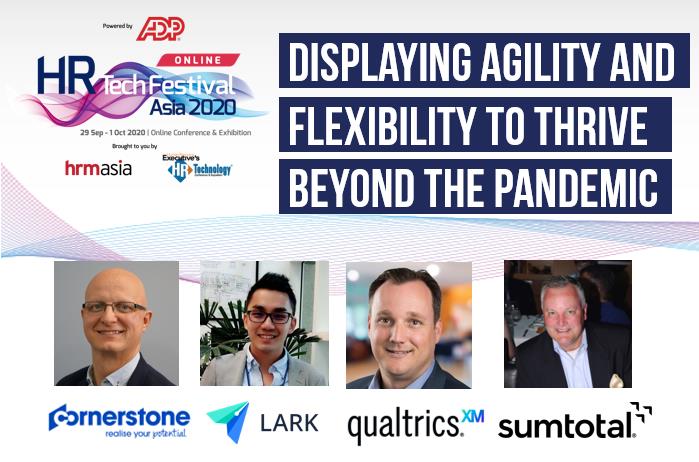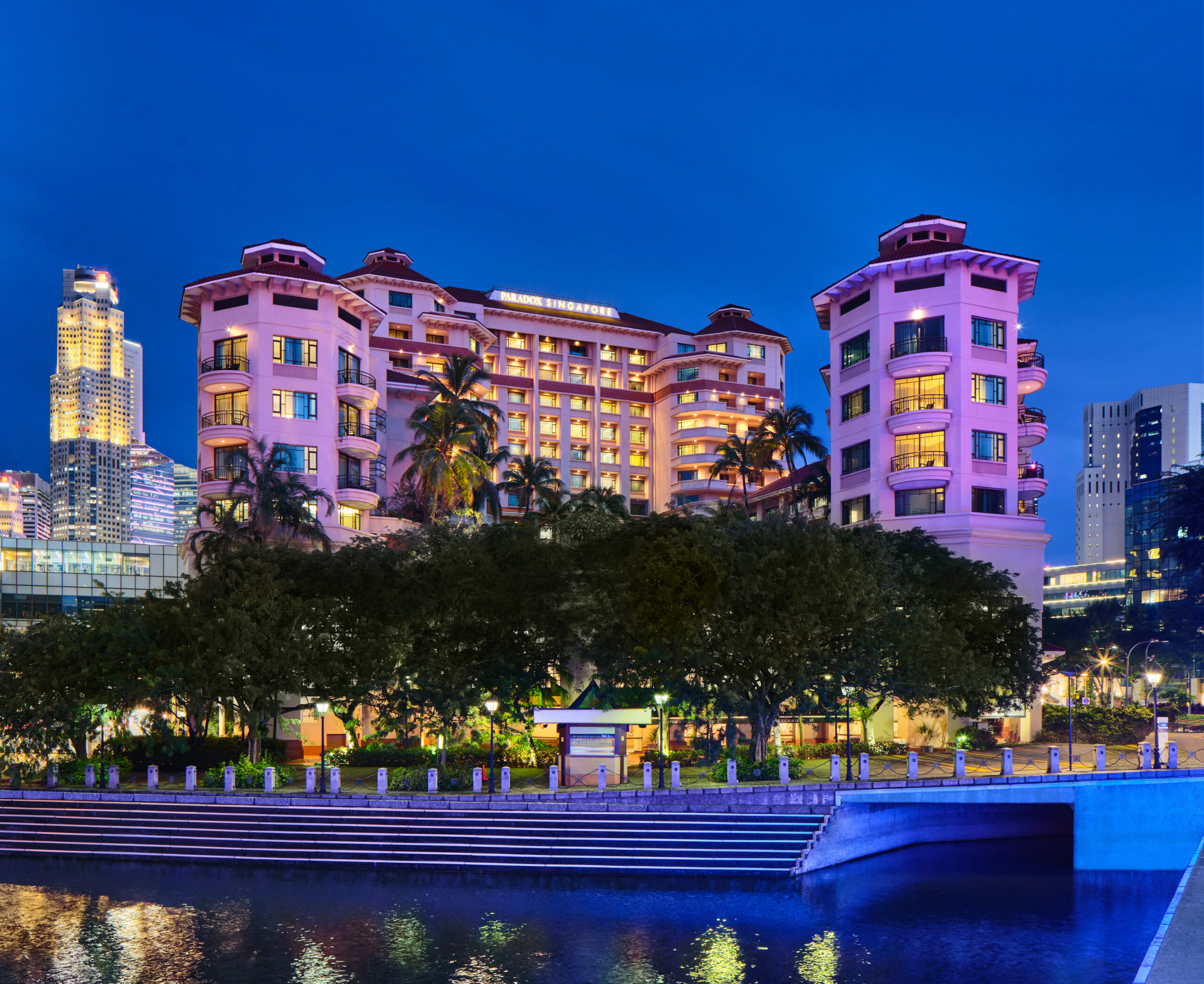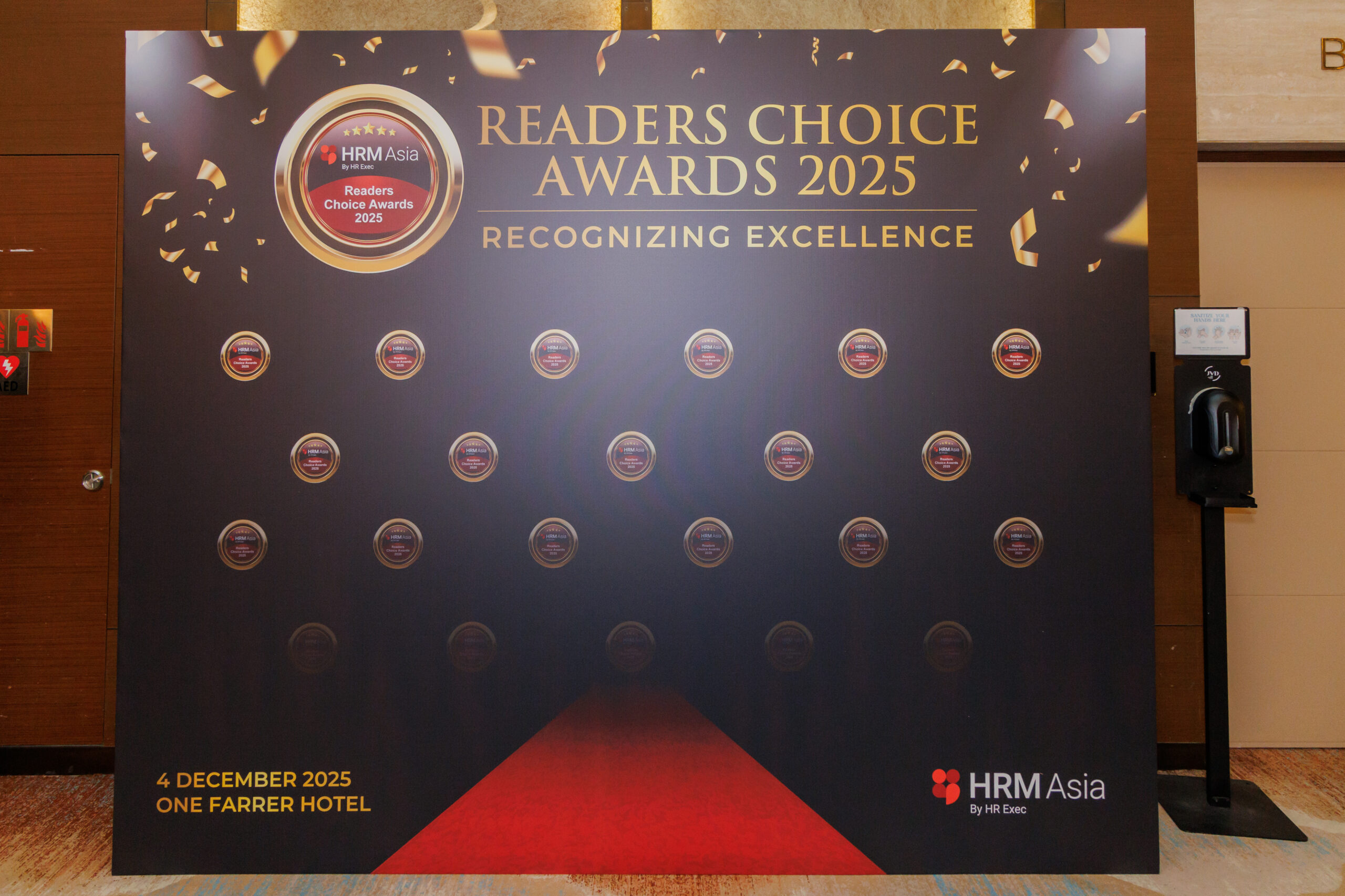HR Tech Festival Asia Online 2020: Displaying agility and flexibility to thrive beyond the pandemic
- Shawn Liew

Are organisations displaying enough agility to enable them to adapt successfully to a post-pandemic world?
In order to make a successful transition towards more agile operating models, there are perhaps a number of key questions that organisations need to ask themselves.
For instance, what new goals have you set for your organisation, asked Steve Boese, President and Co-Founder, H3 HR Advisors. “Organisations need to update, realign, shift focus and rethink fundamental HR processes like goal setting, performance management and employee development,” he added.
“Organisations and HR leaders who are able to transition most effectively in realigning the organisation and their people to the new reality have the best chance of success in 2020.”
Drawing on her organisation’s own experiences, Datuk Nora Manaf, Group Chief Human Capital Officer, Maybank, called on companies to demonstrate more flexibility in managing their work force.
She said, “A flexible workforce gives us the flexibility that we need to ramp up or scale down without destroying livelihoods, and provides the flexibility for employees to manage their own time.”
At Maybank, 20% of the workforce is currently being placed on flexi working arrangements, while another 20% will eventually be working from home permanently, revealed Datuk Nora, who also urged organisations to place the health and safety of their employees as a priority as they aim to recover from the pandemic.
In facing disruption and challenges in a new normal, reskilling and upskilling of the workforce will be an urgent priority for organisations, suggested Oliver Pestel, AVP, Solution Consulting & Delivery Advisory, Asia Pacific and Japan, Cornerstone OnDemand.
For upskilling, develop skills that enable employees to continue to perform in their current jobs, while reskilling involves developing new skills that allow employees to move to a different job function. Lastly, develop new skills for new jobs, and identify candidates who match those skills, said Pestel.
He added, “Having impactful learning built into your culture [will] also enable your people to stay ahead of the change curve.”
Organisations should see the pandemic as a “great opportunity” to accelerate change and rethink how they work, advised Charles Ferguson, General Manager, Asia Pacific, Globalization Partners.
He cited the example of digitisation, and how companies that have begun their digital transformation before COVID-19 struck are managing the crisis much better than others who have not done so.
“The crisis is also providing a unique opportunity for organisations to leverage different partnerships and business models, and tap into talent pools around the world,” Ferguson continued. “Companies that thrive are those who look for opportunities in crisis, act with urgency and embrace a startup mentality.”
As a ‘new normal’ emerges because of the pandemic, is it sufficient for HR to simply adapt to this new state of affairs, asked Steve Bennetts, Head of Growth and Strategy for Asia-Pacific and Japan, Qualtrics.
Probably not, he suggested, while describing a “New Better” approach to employee experience (EX). To create a greater impact on EX now, and into the future, organisations need to take key actions such as getting back to basics, support their managers and aim for a ‘new better’, Bennetts said.
“The Employee XM, or Employee Experience Management, will need to include embracing the digital transformation of EX, the broadening of the executive score card for EX, and supporting a culture of engagement via actions,” he concluded.
Instead of academic qualifications in the shape of degrees, skills form the key component in driving today’s workforce, proposed Brent Colescott, Senior Director, Global Business Strategy and Transformation, SumTotal Systems.
He added, “Businesses are seeing less value in degrees and there’s more of a focus on the skills effort in what they can do to skill people up very quickly and given the time aspect, that’s going to happen very quickly.
“And this is the heart of what business is now – put in the role of developing the skill by taking someone from a high school and putting them in a programme.”
The role HR has to play, said Colescott, is to help develop and skill candidates to an organisation’s own needs in their business.
Want to attract and retain the best talents? Begin by creating a transparent culture, advised Zac Lin, ASEAN Business Development Lead, Lark, adding, “Strong management transparency leads to 30% better employee retention.”
Start embracing transparency by cultivating inclusiveness, which can be achieved by making sure that your team has the communication and collaboration tools. Then, embody transparency by sharing and recognising the successes and milestones of your team, as it creates a platform to motivate one another.
Lastly, inspire employee autonomy and flexibility, Lin pointed out. “Nobody likes to be micromanaged. In fact, people find a sense of responsibility and accomplishment when they are held accountable to their own initiatives and how we align it to company objectives and key results.”
Celebrating the outstanding achievements of top HR leaders, companies and teams in Asia, the winners of the HR Fest Awards 2020 were also announced on Day 1.
Opened to all regional-based employers from the private and public sectors, including all MNCs, local companies, government agencies and SMEs, six deserving winners were chosen from a field of 40 finalists.
Here’s a full list of the winners of HR Fest Awards 2020:
Best Use of Technology: Bank of Singapore
Best Workplace Culture & Engagement (<500 Employees): Twitter Asia Pacific
Best Workplace Culture & Engagement (>500 Employees): Vodafone Enterprise Singapore
Employer of Choice: Singtel
HR Team of the Year: Scoot
Best HR Leader (Individual Award): Nadiah Tan Abdullah, Chief Human Resources Officer, S P Setia
Congratulations to the winners of HR Fest Awards 2020, and do join us for Day 2 of HR Tech Festival Asia Online 2002, which will begin at 10am SGT on Wednesday, 30 September.






